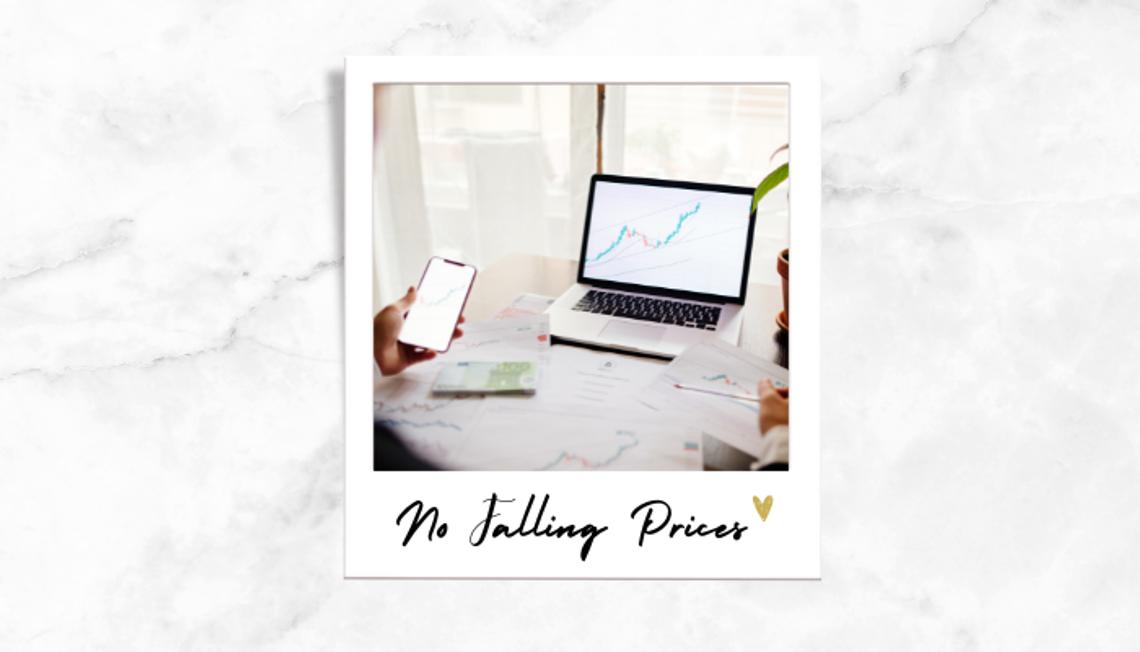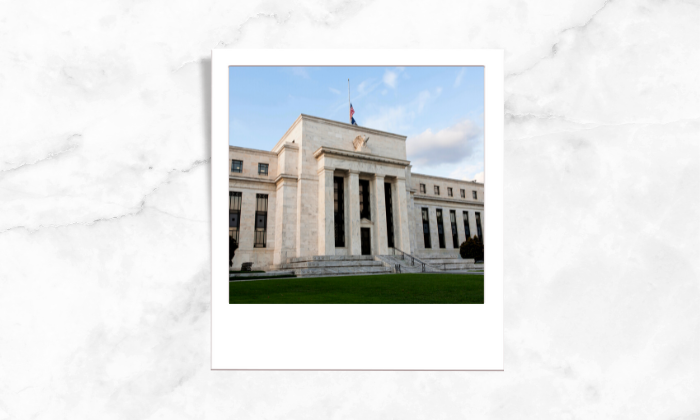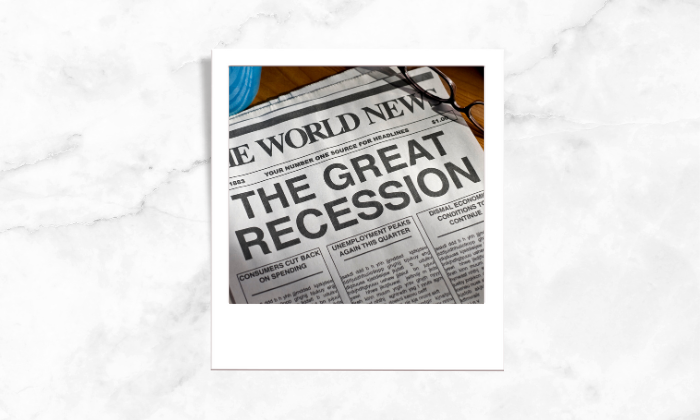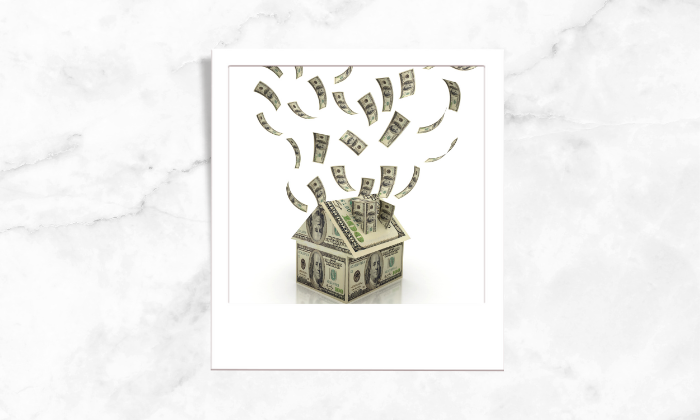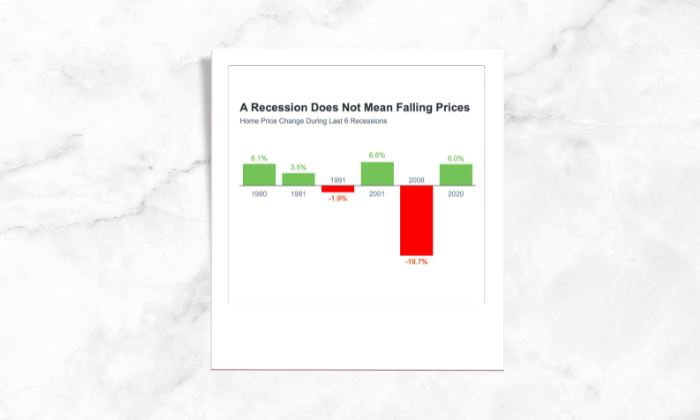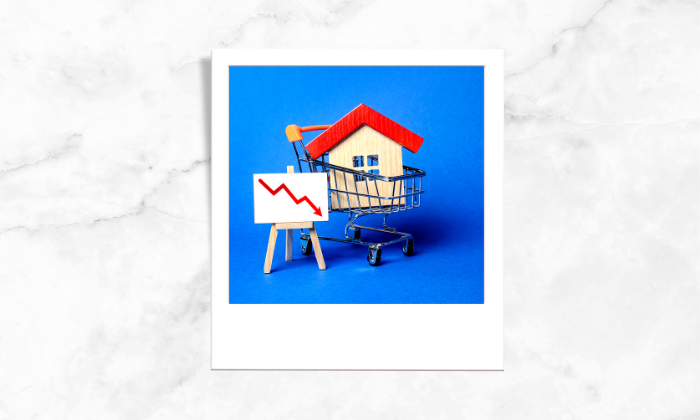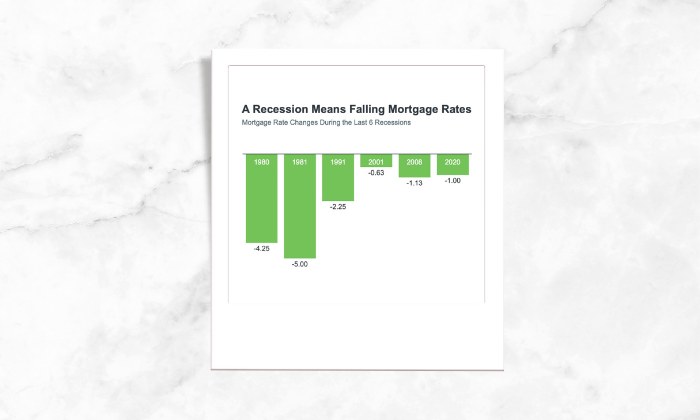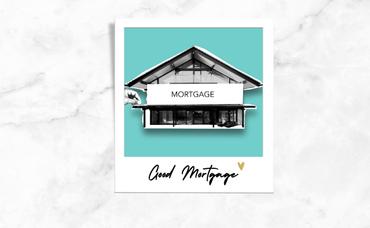The aggressive moves from the Federal Reserve in order to curb the high inflation, has left many economists warning us that we’re heading towards a recession. Forbes mentions that the U.S. consumer price index (CPI) rose by 6% in February from a year ago and 0.4% from January, according to the Labor Department.
These concerns along with steep housing prices and high mortgage rates have left home shoppers weigh whether they should buy now, or wait to see if home prices drop from a potential recession. To help ease your mind, experts are suggesting that even if we do officially enter a recession, it’ll be mild and short.
While we may hit a recession however, it won’t be one the crash like in 2008. We have to remember here that a recession doesn’t always lead to a housing crisis.
A Recession Doesn’t Mean Falling Home Prices
For buyers keen on buying a home, waiting for a big price drop could be a losing game since the housing inflation that pushed buyers out of the market a while back seems to be decelerating. With the understanding that there is no possible way to time the market, buyers are returning in the market which has kept the house prices elevated.
The number of homes for sale in January jumped by 65.5% compared to a year ago, with active listings increasing by 13.1%, according to Realtor.com, Nonetheless, inventory remains below pre-pandemic level, which is propping up prices.
Historically, when the economy slows down, it doesn’t mean home values will always fall.
Home Price change during last six recession:
The 2008 recession has etched a deep and fresh scar, that’s why we remember that the most. So we foresee being shrouded with that memory. The main reason why prices fell was because the housing market crash is typically preceded by a housing bubble—a period when homes are valued far more than their worth plus there was a surplus of homes for sale at the same time distressed properties flooded the market and today, the inventory is still extremely tight and has been made even tighter by homeowners staying put at low interest rates—will likely keep upward pressure on prices. The risk for bad lending standards are low due to stricter lending regulations following the 2008 financial crisis.
A Recession Means Falling Mortgage Rates
On the contrary recessions have always brought good news for buyers since mortgage rates have been decreased. Each time the economy has slowed down the Fed has lowered the interest rates for people to spend more money in order to stimulate the economy.
Conclusion:
Trying to time the market can mean losing out on your dream home or even your buying capacity. The supply and demand dynamics dictate the outcome of house prices. If rates continue to rise and home prices don’t drop enough to compensate for high loan costs, you could end up pricing yourself out of the market.
Thus, a buyer should consider their need vis a vis their budget, income stability and emergency funds to take maximum benefit of present scenario before it changes.
